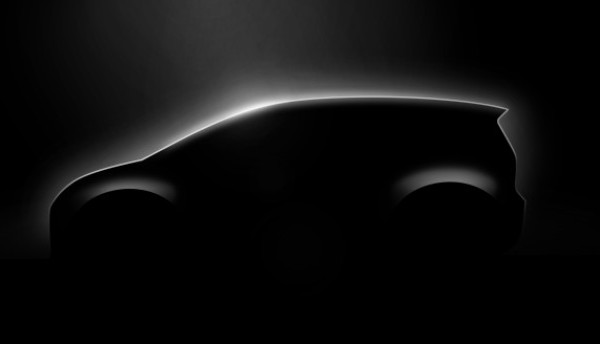
Europe’s largest carmaker Volkswagen has confirmed that it plans to develop affordable electric cars with a price tag of about €20,000, with the world premier scheduled for 2027, VW announced May 28. The German carmaker’s confirmation has come soon after reports emerged that its ongoing talks with French carmaker Renault on a joint electric small car project has collapsed.
VW’s move to take up the challenge of developing affordable electric cars in Europe also highlights the carmaker’s attempt to compete with Chinese carmakers, which are aggressively expanding their presence in Europe with competitively priced and feature-heavy electric cars, significantly undercutting the electric vehicles that are currently produced in Europe.
VW’s announcement has come amid declining EV sales and an ongoing high-profile anti-subsidy investigation into the made-in-China EVs flooding the European market.
“The Brand Group Core will bring affordable electric vehicles from Europe, for Europe, into the market. The project that has now been decided is another milestone on the way to making electromobility widespread in Europe,” the company said in a statement, stressing on the importance of local production of affordable electric cars in Europe for mass adoption.
VW said that the company has been working for some time to offer compact, particularly inexpensive EVs in the price range of about €20,000. The company said that it will rely on a high degree of localization in Europe, benefiting Europe as an industrial location from the large-scale manufacturing project.
Local production of affordable electric cars in Europe will also offer the advantage of cutting down long transport routes for shipping auto components, consequently saving on carbon footprints.
“Intensive work is already underway on the ‘Electric Urban Car Family’, with which the Brand Group Core will present electric cars for under €25,000 as early as the end of 2025,” VW said in a statement. The carmaker plans to roll out two new compact electric cars, wherein one model will be positioned under the VW brand and the other will be sold under the Cupra brand.
Volkswagen further disclosed that its affordable electric car offensive will also include two small electric sport utility vehicles (SUVs), slated to be sold under Škoda and VW brands.
“All four vehicles will be built in Spain. With the project on all-electric entry-level mobility for €20,000, the Volkswagen Group is now taking the next, consistent step,” the company said.
A Reuters report published on May 28 cited VW officials, who said that the European car industry had between two and three years to prepare for the competitive threat from EV makers from mainland China, warning that the automotive sector's survival in Europe is otherwise at risk.
The report also pointed out that as part of its efforts in that direction, the German carmaker is looking to save about €10 billion in cost-cutting measures under the VW brand by 2026.
Commenting on the new affordable electric car project, Oliver Blume, CEO at Volkswagen Group, said, “Generations of people associate the strong brands of the Volkswagen Group with their first car — and with affordable mobility. As a group with strong brands, we continue to assume this social responsibility to this day. That's why I'm very pleased that we're launching a future-oriented project. It’s about entry-level electric mobility from Europe for Europe. In doing so, we combine a clear commitment to Europe as an industrial location, a European industrial policy and ultimately act in the interests of European customers.”
Adding to that, Thomas Schäfer, CEO of the Volkswagen brand and head of the Brand Group Core, said, “In order for electromobility to become widespread, attractive vehicles are needed, especially in the entry-level segment. Our brand promise is: electromobility for all. This promise is now being fulfilled in the Brand Group Core. Despite the attractive price, our vehicles will set standards in the entry-level segment in terms of technology, design, quality, and customer experience. This task has become more demanding due to rising energy, material, and raw material costs. One thing is clear: electromobility from Europe for Europe can only succeed with political support and competitive framework conditions.”








